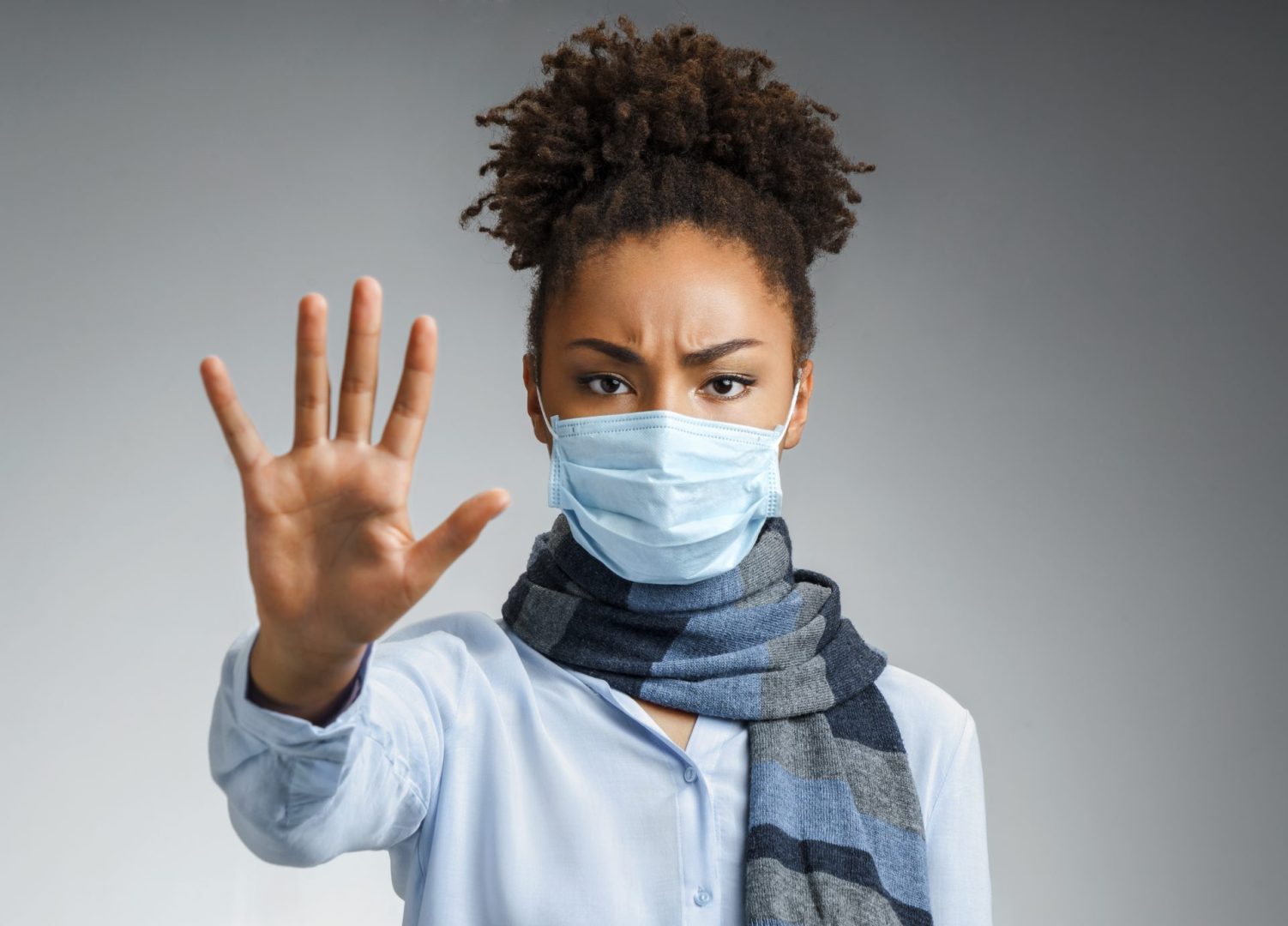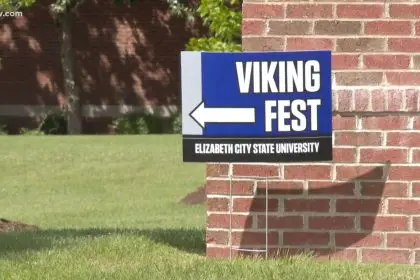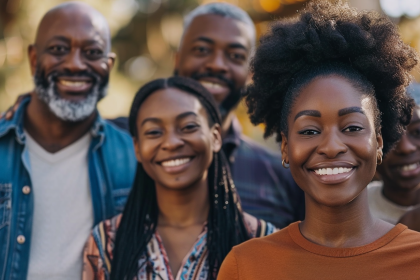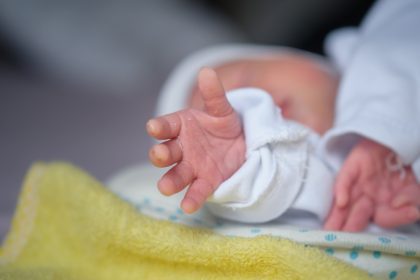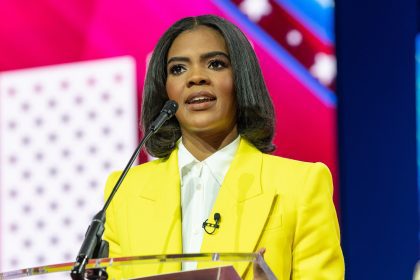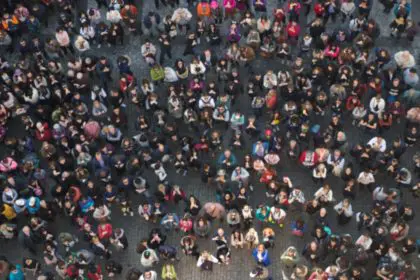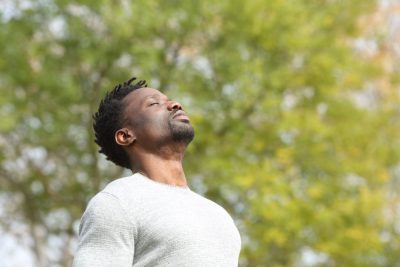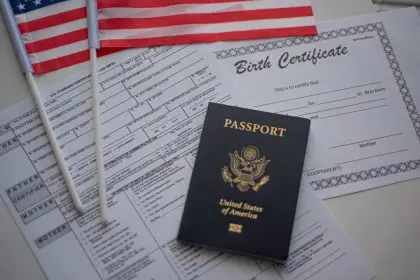North Carolina’s Senate has passed a controversial measure that could see the return of a 1950s antimask law, originally aimed at hate groups like the Ku Klux Klan. The bill, known as House Bill 237, has sparked a heated debate over public safety, health concerns and the right to protest.
Implications of the mask ban
Under the new legislation, all individuals would be prohibited from wearing masks in public spaces, with no exceptions for health-related reasons. This decision has been met with criticism from Democrats, community activists and health advocates who argue that the bill overlooks the safety of immunocompromised individuals and may have ulterior motives related to recent protests.
Political responses and concerns
While Republican lawmakers have unanimously supported the bill, their Democratic counterparts have expressed strong opposition. Critics suggest that the bill is not just a response to health concerns but also a reaction to recent campus protests against Israel’s military actions in Gaza. The bill’s passage could potentially endanger vulnerable populations, such as cancer patients and those with compromised immune systems, who rely on masks for protection.
Legislation interpretation and opposition
Some GOP senators argue that the legislation can be interpreted to allow mask-wearing for legitimate health reasons. However, this interpretation is not shared by all, with Democratic Senator Natasha Marcus questioning whether the bill is truly about public safety or rather a political move to appease antimask sentiments during an election year.
Next steps for the mask ban
The bill now awaits approval from the state House before it can be presented to Democratic Governor Roy Cooper, who has the power to sign or veto the legislation. The outcome of this decision will have significant implications for the rights of protesters and the health of North Carolina’s residents.
Public health, protests and masking
The debate over House Bill 237 continues as stakeholders from various sectors voice their concerns. The potential impact on public health, the right to peaceful protest and the well-being of immunocompromised individuals remains at the forefront of this contentious legislative move.

